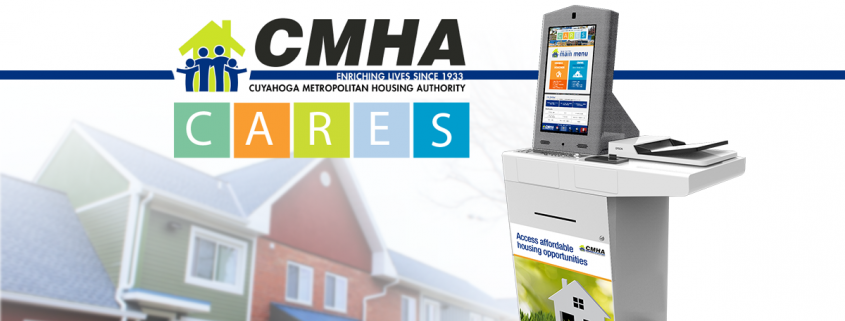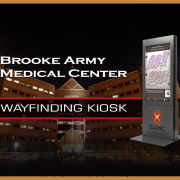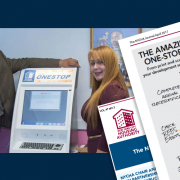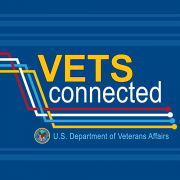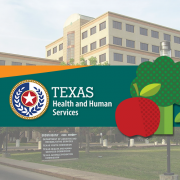CMHA to reopen housing voucher lottery soon. This time, no deadline to apply
By Leila Atassi, cleveland.com
CLEVELAND, Ohio – Like a comet or solar eclipse, it happens once every few years and is all too easy to miss – the announcement that the Cuyahoga Metropolitan Housing Authority will open its lottery for a chance to win a spot on the waiting list for a federal housing voucher.
When that rare and potentially life-altering lottery takes place, applicants have only one week to apply.
One. Week.
During that time, CMHA is flooded with thousands of applications. From that pool, a computer randomly selects 10,000 for a waiting list, and the housing authority spends the next few years working its way to the bottom, handing out vouchers as they become available.
Those who aren’t chosen for the list or miss the window to apply wait years for their next shot, while they do their best in a rental market that has become known for its high eviction rate and lack of affordable options.
To all who have experienced this depressing cycle, I have good news. In November or December, CMHA again will begin accepting applications for the housing voucher lottery – but this time, there is no deadline to apply.
Under the new system, CMHA will accept applications on a rolling basis, meaning applicants will remain on the list for 18 months, at which point they must reapply. CMHA also will periodically hold “mini lotteries,” during which vouchers will be awarded to applicants who are randomly selected from the pool, said Dori Nolan, CMHA’s director of policy, planning and housing mobility. Exactly when the lotteries will take place and how many applicants will be chosen will be determined by voucher turnover and funding availability, Nolan said. She assured me that those currently on CMHA’s waiting list will receive their vouchers before the new system takes effect.
But the bottom line is this: Families can apply at any time for a chance at one of the coveted vouchers.
In another important innovation, applicants will have access to a web-based system, where they can update their contact information, so CMHA knows exactly how to reach them if they’re chosen to receive a voucher. In the past, families languishing on the waiting list for years often would move or change phone numbers and, for lack of updated contact information, miss their shot at the subsidy, CMHA Chief of Staff Jeffrey Wade told me.
These changes are the results of what Wade described as a moment of soul-searching for CMHA during the pandemic – a chance for the organization to consider feedback from tenants and landlords and reevaluate its systems from top to bottom.
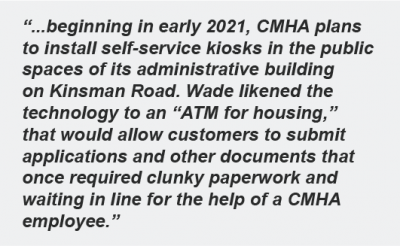
In another example, beginning in early 2021, CMHA plans to install self-service kiosks in the public spaces of its administrative building on Kinsman Road. Wade likened the technology to an “ATM for housing,” that would allow customers to submit applications and other documents that once required clunky paperwork and waiting in line for the help of a CMHA employee.
“This has been a period that has given us an opportunity for introspection and a chance to look at everything we do,” Wade said. “Truly, we want to be a program that is re
sponsive and effective for the community we serve, and we’re striving for that daily.”
These improvements are welcome and should be applauded, but let’s keep them in perspective. Indeed, technology carries the dual benefits of increased efficiency and promoting social distancing. And accepting voucher applications year-round — instead of limiting them to just one week, every few years — makes the hope of receiving the subsidy real for potentially thousands more families. But the fact remains that the overall number of available vouchers meets a mere fraction of the need in Cuyahoga County.
CMHA has only 15,000 vouchers to issue. During the last voucher lottery in 2018, about 33,000 families applied for the waiting list.
At a time when American society has adopted the slogan “We’re all in this together” as its rallying cry, we should feel pretty heartsick at the notion that more than half of the families in our community who need these housing subsidies are going without.
While much work remains to be done to make the housing voucher system better serve tenants and landlords alike, the most important step would be toward a universal voucher program built on the premise that housing is a human right, not a privilege.
Under such a program, the financial hardship this pandemic has imposed would not threaten to displace low-income families from their homes when they’re unable to make rent, and landlords subsequently wouldn’t default on their mortgages. The federal eviction moratorium currently in place until Dec. 31 would be all but unnecessary. And keeping families from crowded homeless shelters or from doubling up with friends and relatives would help stop the spread of COVID-19.
In the absence of that kind of forward thought or compassion in our federal government, however, we must do what we can on the local level to ensure those lucky enough to have vouchers are able to find housing in communities where their families can thrive. That means passing laws that ban discrimination against voucher recipients, continuing to streamline the bureaucracy at CMHA and developing programs that encourage and support social mobility. All are ideas you’ll hear more about in my upcoming columns.
In the meantime, Wade says, CMHA has spent much of the past two years trying to figure out how to convince landlords of the value of participating in the voucher program.
“There is a great deal of economic benefit to having vouchers in one’s rental portfolio,” Wade said. “But there are the more gracious, community values, too. You want families to be able to seek opportunities for economic improvement. You want children to have a chance at an education that would allow them to advance. Why wouldn’t society want that?”
That’s a great question.
Only when we agree that we do, in fact, want that, can we say in good faith that “we’re all in this together.”
You can reach columnist Leila Atassi at latassi@cleveland.com.
This article was published in the Cleveland News, October 2020. Read the full article here.
Learn more about DynaTouch’s Public Housing Authority Kiosk Solution (PHA OneStop) here.

